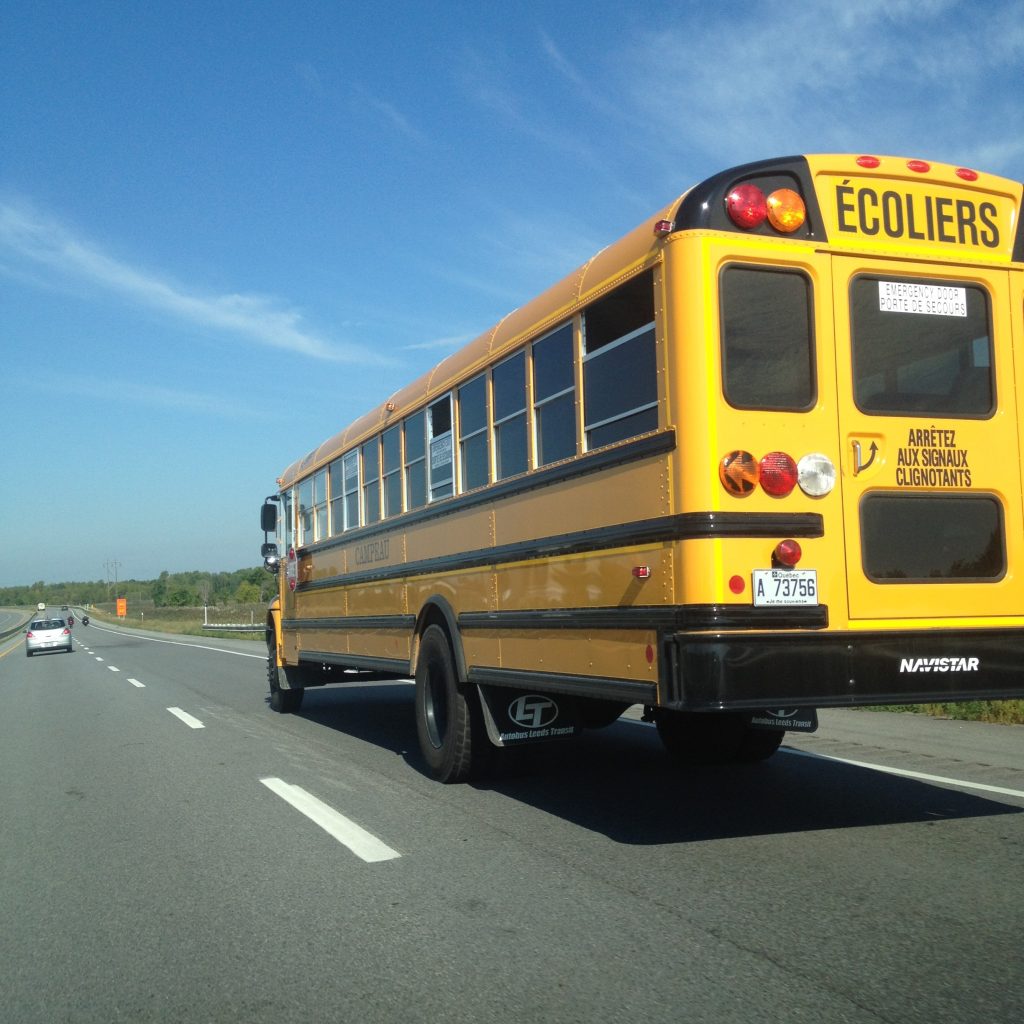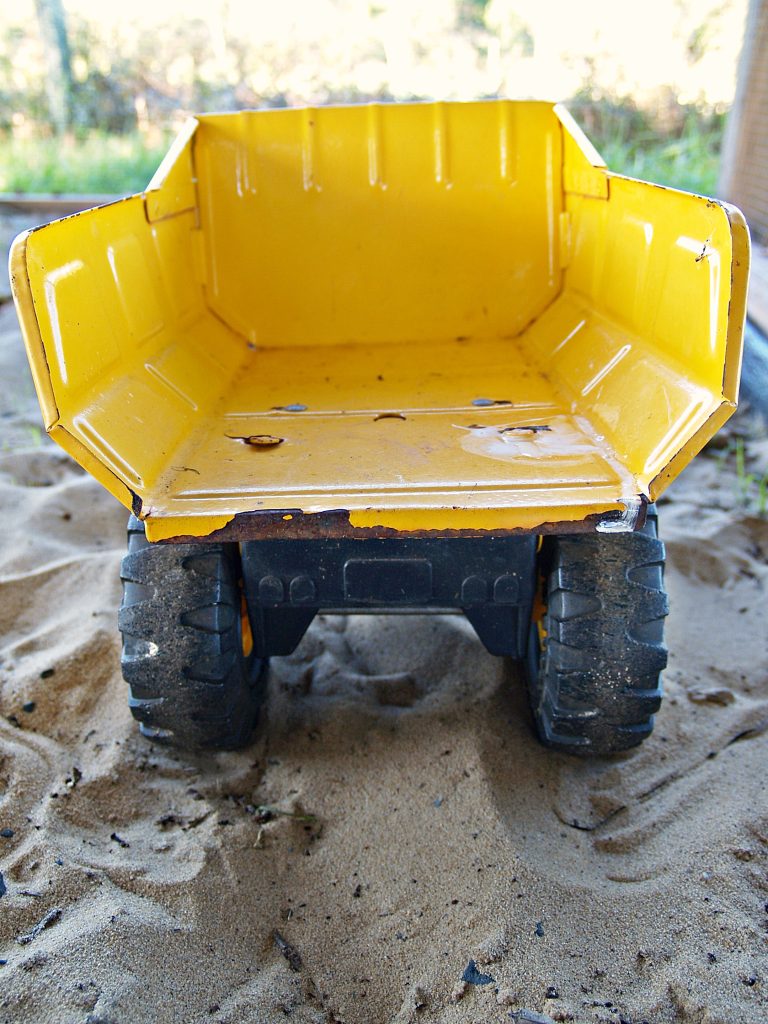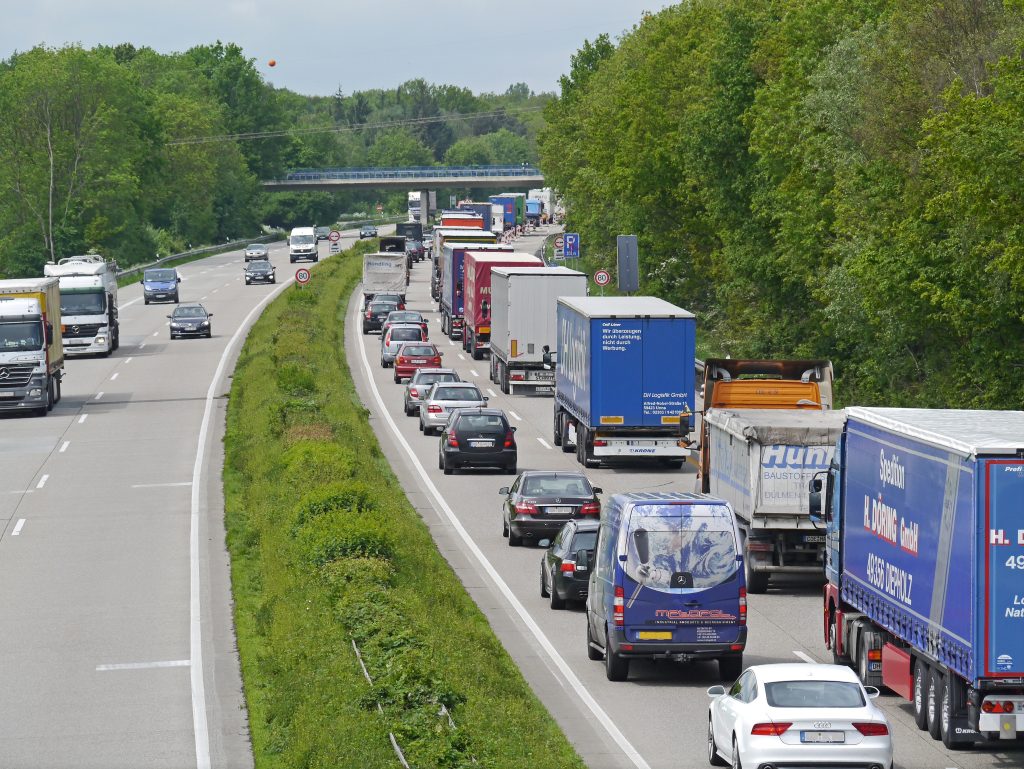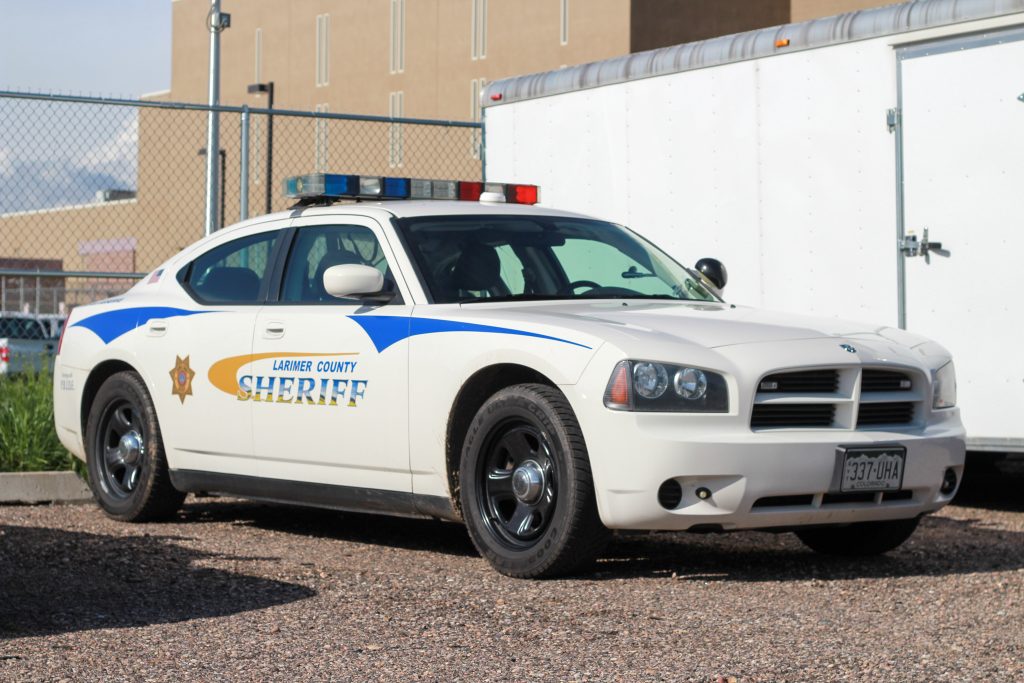 It’s pretty common for large corporations to conduct business across multiple state lines. So, too, it’s expected that employees for these types of companies will also have connections with multiple states based on their employment with the corporation. In these situations determining which state and Court has jurisdiction over legal claims when such issues arise can become an incredibly fact-specific inquiry. This was the case for one Workers’ Compensation Judge (“WCJ”), who found that the Office of Workers’ Compensation (“OWC”) located in Lafayette, Louisiana had subject matter jurisdiction to decide the legal claims of a former Tyson-employed truck driver.
It’s pretty common for large corporations to conduct business across multiple state lines. So, too, it’s expected that employees for these types of companies will also have connections with multiple states based on their employment with the corporation. In these situations determining which state and Court has jurisdiction over legal claims when such issues arise can become an incredibly fact-specific inquiry. This was the case for one Workers’ Compensation Judge (“WCJ”), who found that the Office of Workers’ Compensation (“OWC”) located in Lafayette, Louisiana had subject matter jurisdiction to decide the legal claims of a former Tyson-employed truck driver.
Frank Verret (“Mr. Verret”), a Louisiana resident, was hired as a long-haul truck driver for Tyson Foods, Inc. (“Tyson”) in 1999. Initially, he drove to a Tyson facility in Center, Texas, to apply for a position and later called to inquire about the status of his application from his home in Louisiana. During that phone call, Mr. Verret claimed that Tyson hired him for the long-haul truck driver position. Afterward, he drove back to Texas, picked up his truck, and began employment.
Years later, in 2015, while driving his Tyson truck through Oklahoma, Mr. Verret crashed into the median barrier. Mr. Verret was hospitalized and treated for his injuries in Oklahoma, then was sent to Texas for an employer-mandated drug screening before returning to Arkansas, where he had begun his route before the crash. A few months after the crash, a then-retired Mr. Verret filed a Disputed Claim for Compensation against Tyson.
 Louisiana Personal Injury Lawyer Blog
Louisiana Personal Injury Lawyer Blog


 At the end of a trial, you are focused on whether or not the Judge ruled in your favor. However, it is not enough to only know who won the case, especially if you are considering an appeal. This case indicates the importance of paying attention not only to the outcome but also to the language in the final judgment the trial court issues. Louisiana has strict requirements for language that must be included in a final judgment for it to be valid so that an appellate court can hear the appeal.
At the end of a trial, you are focused on whether or not the Judge ruled in your favor. However, it is not enough to only know who won the case, especially if you are considering an appeal. This case indicates the importance of paying attention not only to the outcome but also to the language in the final judgment the trial court issues. Louisiana has strict requirements for language that must be included in a final judgment for it to be valid so that an appellate court can hear the appeal.  It is well known that every court order contains a physical copy declaring what the verdict of the case is, otherwise known as a final judgment. However, the order must contain what we call “decretal language.” But what in the world does that mean? The Louisiana Third Circuit Court of Appeal discusses this question and when a final judgment can be amended to contain all the necessary language crucial for the order.
It is well known that every court order contains a physical copy declaring what the verdict of the case is, otherwise known as a final judgment. However, the order must contain what we call “decretal language.” But what in the world does that mean? The Louisiana Third Circuit Court of Appeal discusses this question and when a final judgment can be amended to contain all the necessary language crucial for the order. Receiving compensation from the at-fault driver’s insurance policy after a car accident can bring relief. However, it is essential to be aware of the potential complications if the awarded amount exceeds the other driver’s insurance policy limits. This case serves as an example of what can happen in such situations and highlights the importance of understanding the legal implications.
Receiving compensation from the at-fault driver’s insurance policy after a car accident can bring relief. However, it is essential to be aware of the potential complications if the awarded amount exceeds the other driver’s insurance policy limits. This case serves as an example of what can happen in such situations and highlights the importance of understanding the legal implications. We all like to think we can rely on other people’s assertions that something is safe. But what happens when it turns out someone is making misrepresentations about safety? Can they be held liable for resulting injuries? The following lawsuit out of St. Landry parish helps answer that question.
We all like to think we can rely on other people’s assertions that something is safe. But what happens when it turns out someone is making misrepresentations about safety? Can they be held liable for resulting injuries? The following lawsuit out of St. Landry parish helps answer that question. It may not be uncommon to recover less than you had hoped in a personal injury lawsuit. However, challenging the amount of money you are awarded to get more is a challenging feat. A recent case out of the East Baton Rouge Parish explains why courts tend to defer to the jury when awarding damages.
It may not be uncommon to recover less than you had hoped in a personal injury lawsuit. However, challenging the amount of money you are awarded to get more is a challenging feat. A recent case out of the East Baton Rouge Parish explains why courts tend to defer to the jury when awarding damages.  As the weather gets nicer across the country, millions will travel to destinations near or far. Unfortunately, with this increase in traffic, accidents will occur due to the negligence of drivers. But what happens when the roadway’s integrity and safety come into question? Can the state be held liable for a highway’s defects? – The following lawsuit out of Morgan City, Louisiana, helps answer that question.
As the weather gets nicer across the country, millions will travel to destinations near or far. Unfortunately, with this increase in traffic, accidents will occur due to the negligence of drivers. But what happens when the roadway’s integrity and safety come into question? Can the state be held liable for a highway’s defects? – The following lawsuit out of Morgan City, Louisiana, helps answer that question. This scenario is not hard to imagine: you are driving along the road, and you get into an accident; however, the other vehicle is not just a regular car owned by a private citizen, but it is a dump truck owned by the local government. When suing a local governmental entity such as a sanitation department or police station, the injured party may face obstacles in naming precise owners of public vehicles or following procedural rules. A recent case out of St. Charles Parish demonstrates what kinds of procedural obstacles a plaintiff may face. It also helps answer the question; what happens if I name the wrong defendant in a lawsuit? Is my case over?
This scenario is not hard to imagine: you are driving along the road, and you get into an accident; however, the other vehicle is not just a regular car owned by a private citizen, but it is a dump truck owned by the local government. When suing a local governmental entity such as a sanitation department or police station, the injured party may face obstacles in naming precise owners of public vehicles or following procedural rules. A recent case out of St. Charles Parish demonstrates what kinds of procedural obstacles a plaintiff may face. It also helps answer the question; what happens if I name the wrong defendant in a lawsuit? Is my case over? An occurrence such as a bad motor accident will almost likely aggravate any pre-existing injuries of an injured party. This, of course, depends on the seriousness of the accident in question. In this particular case, Mr. Urquhart and Mr. Nye were involved in a motor accident with a truck belonging to Sysco Food Services of New Orleans (“Sysco”), and driven by its employee, Mr. Spencer. This accident resulted in bodily injuries to Urquhart and Nye and further aggravated their already existing health challenges.
An occurrence such as a bad motor accident will almost likely aggravate any pre-existing injuries of an injured party. This, of course, depends on the seriousness of the accident in question. In this particular case, Mr. Urquhart and Mr. Nye were involved in a motor accident with a truck belonging to Sysco Food Services of New Orleans (“Sysco”), and driven by its employee, Mr. Spencer. This accident resulted in bodily injuries to Urquhart and Nye and further aggravated their already existing health challenges.